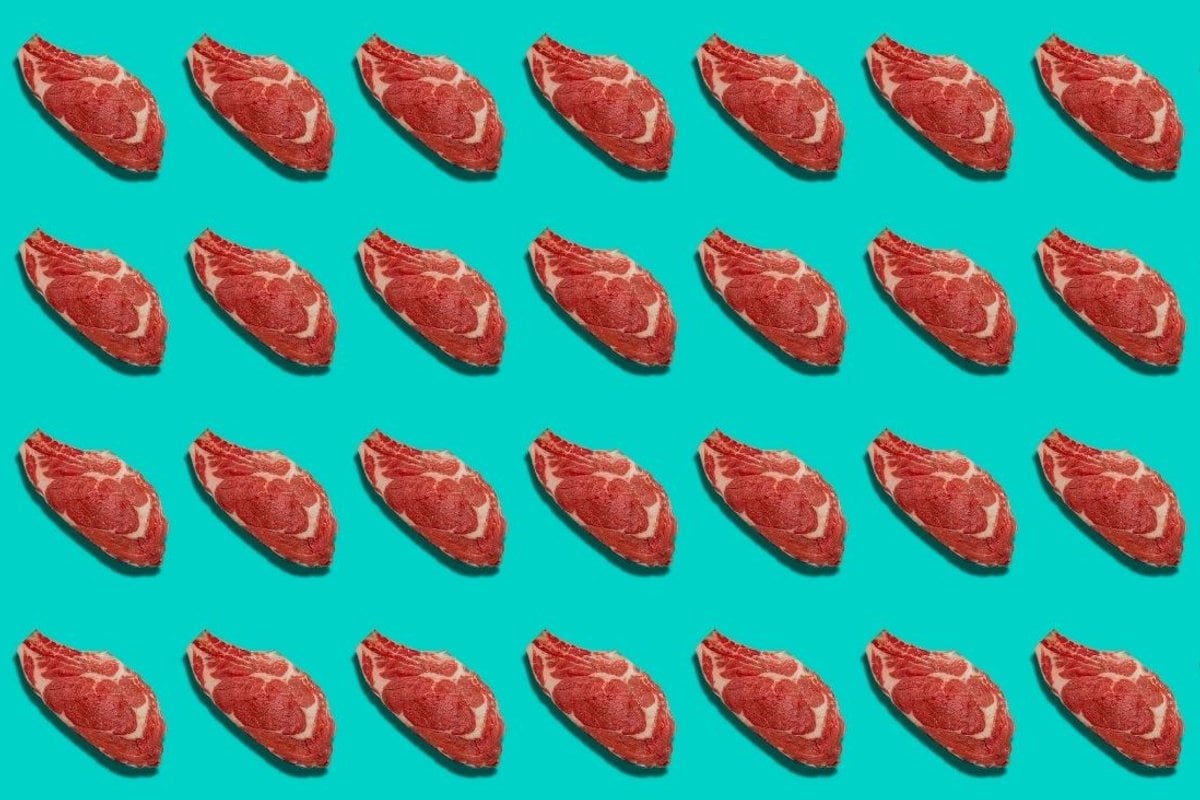
Keto. Heard of it? Course you have. It's hard to go to a gym or scroll Instagram without some mention of it.
But just in case you've somehow managed to dodge the fad diet train, keto is basically a very low carb, high-fat diet.
It's also known as the ketogenic diet, and it's where your body pretty much raids its fat stores to burn energy (due to the lack of carbohydrates and glucose being consumed) and goes into a process known as ketosis – where the body switches fuel sources from sugar to fats.
Watch: Here's Georgia Love on fad diets. Post continues below.
Interestingly, according to Dr Stephen Massey from Bondi Doctors, keto was originally used under medical supervision to treat severe epilepsy. Yep, really.
"The keto diet was developed as it was found to be effective in treating some forms of childhood epilepsy. This treatment has largely been surpassed by modern antiepileptic medications, however it has lived on as a fad diet for adults," said Dr Massey.
While keto comes with some pretty sweeping claims, if you're anything like us, you know of at least one family member, friend or colleague who is either on it now or has been on it before.
33-year-old Tyneille was quick to jump on the bandwagon.



Top Comments